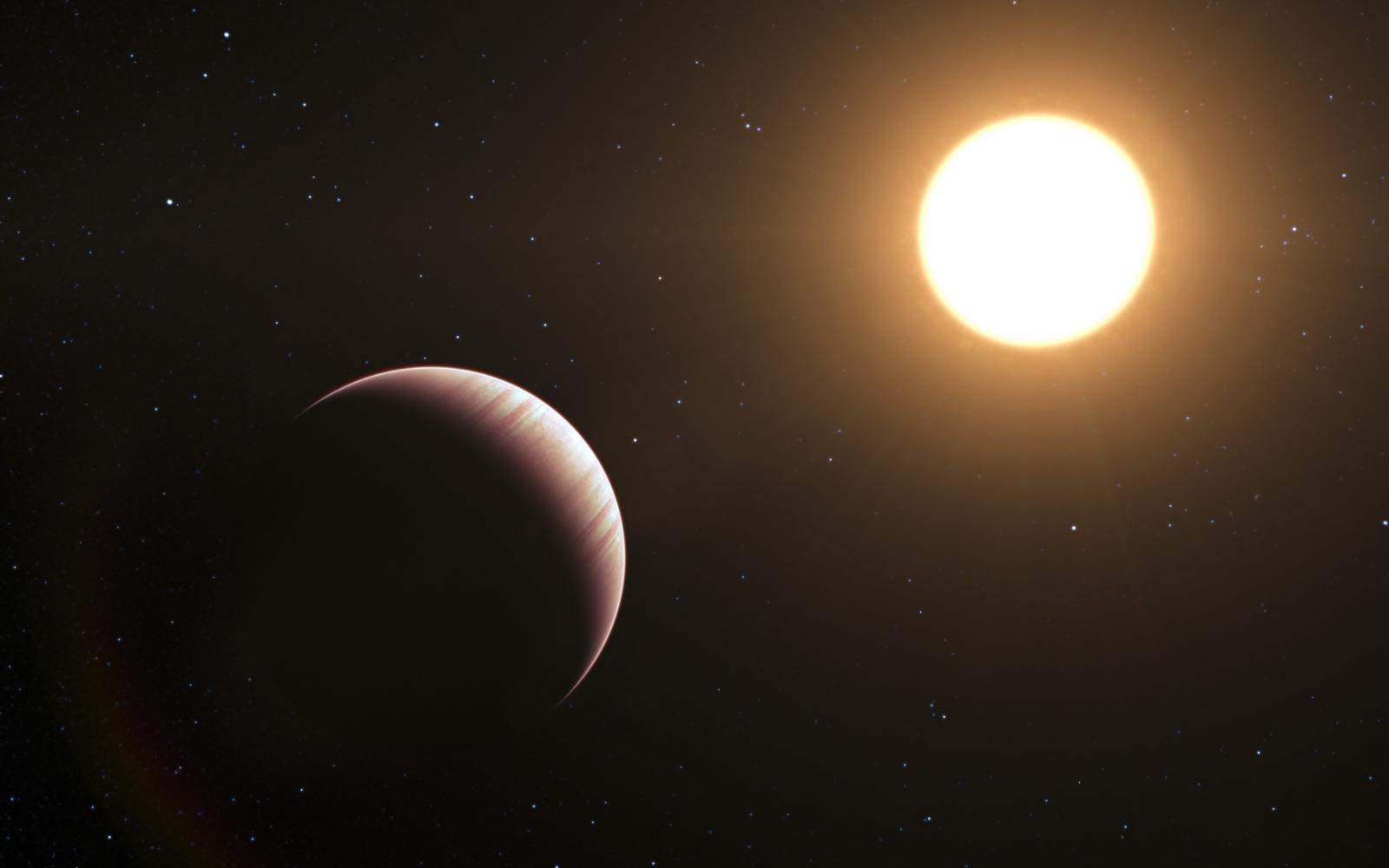Potential new worlds rescued by citizens of Earth!
Early results of people-powered astronomy project 'out of this world'

Eagle-eyed, armchair astronomers have almost certainly made a number of thrilling discoveries, including two possible Jupiter-sized ‘exoplanets’ – planets outside our solar system – in an international, citizen-science project run out of a UK university.
Planet Hunters NGTS was set up in 2021 in the hope of uncovering new exoplanets by engaging volunteers to examine data from the Next-Generation Transit Survey (NGTS) telescopes in Chile. NGTS scans the night sky, monitoring the brightness of thousands of stars to look for any dips in their light that could be caused by an exoplanet passing in front of its host star.
The first exoplanet was discovered in 1992. Today, astronomers have found nearly 6,000 worlds orbiting distant stars within our own Milky Way galaxy. Each new exoplanet provides invaluable information on how planets form and evolve and how solar systems very different to our own function.
A paper published in The Astronomical Journal outlines the most promising finds from the Planet Hunters NGTS project to date with the help of almost 15,000 people from around the world. The paper was led by Sean O’Brien, a PhD student in the School of Mathematics and Physics at Queen’s University Belfast.
“There are lots of things in the universe that can mimic the exoplanet signals we’re searching for. It takes a lot of work to go from planet candidate to bona fide confirmed planet. We’re working hard on confirming and characterising these planet candidates,” said O’Brien. “It’s so exciting because these finds were missed by the NGTS astronomers initially - but were saved by Planet Hunters NGTS volunteers scouring through the data.”
The most important discovery so far is the detection of a candidate exoplanet, about the size of Jupiter, orbiting a red dwarf star, a star smaller than our Sun. This is a rare find by the volunteers with only around a dozen giant planets orbiting M-dwarf stars ever discovered and poses interesting questions about how these systems can form.
O’Brien and collaborators used the Gemini Observatory, also in Chile, and its Zorro instrument to zoom in to get a clearer look at the planet candidates’ host stars. Zorro uses a technique called ‘speckle imaging’ which enables ground-based telescopes to overcome much of the blurring effect of Earth’s atmosphere and thereby achieve much higher-resolution images.
Observations from Zorro revealed that, in a second potential exoplanet sighting, what was initially believed to be a single star hosting a candidate exoplanet was in fact two stars. The second star orbits the primary star at the same distance Uranus orbits the Sun in our solar system. This suggests we may be seeing an exoplanet orbiting one of the two stars in this binary-star system – which would be another rare configuration.
Dr Meg Schwamb, a co-author on the paper, also from the School of Mathematics and Physics at Queen’s University Belfast, said Planet Hunters NGTS was delivering “beyond what we hoped”. She added: “This project was a gamble at the start. We did not know if there was anything hidden in the archival NGTS data, and we ended up with not just one, but two interesting potential exoplanets that we need to look at more closely. The results so far are thrilling.” The team has been awarded further telescope time to study some of these finds in greater detail in hopes of confirming their planetary nature.
“The amount of enthusiasm shown by the volunteers who’ve made this project what it is has been amazing,” added O’Brien. “We have more unseen data fresh off the telescopes to search through with the project and I’m confident that, with the public’s help, we can make even more remarkable discoveries of possible exoplanets.”
Volunteers can be any age, from anywhere in the world and no training is required; all you need is a web browser to begin searching for exoplanets. Dive in at http://ngts.planethunters.org
Planet Hunters NGTS is led by Queen’s University in partnership with the University of Warwick; University of Cambridge; University of Leicester; Geneva Observatory; German Aerospace Center; Universidad de Chile; the Universidad Católica del Norte; and the European Southern Observatory. It is funded by the UK Research and Innovation (UKRI) organisation.
Media
For more information or to interview one of the Queen’s University researchers involved in this project, contact Communications Officer Una Bradley on u.bradley@qub.ac.uk or + 00 44 (0)7920 088450
